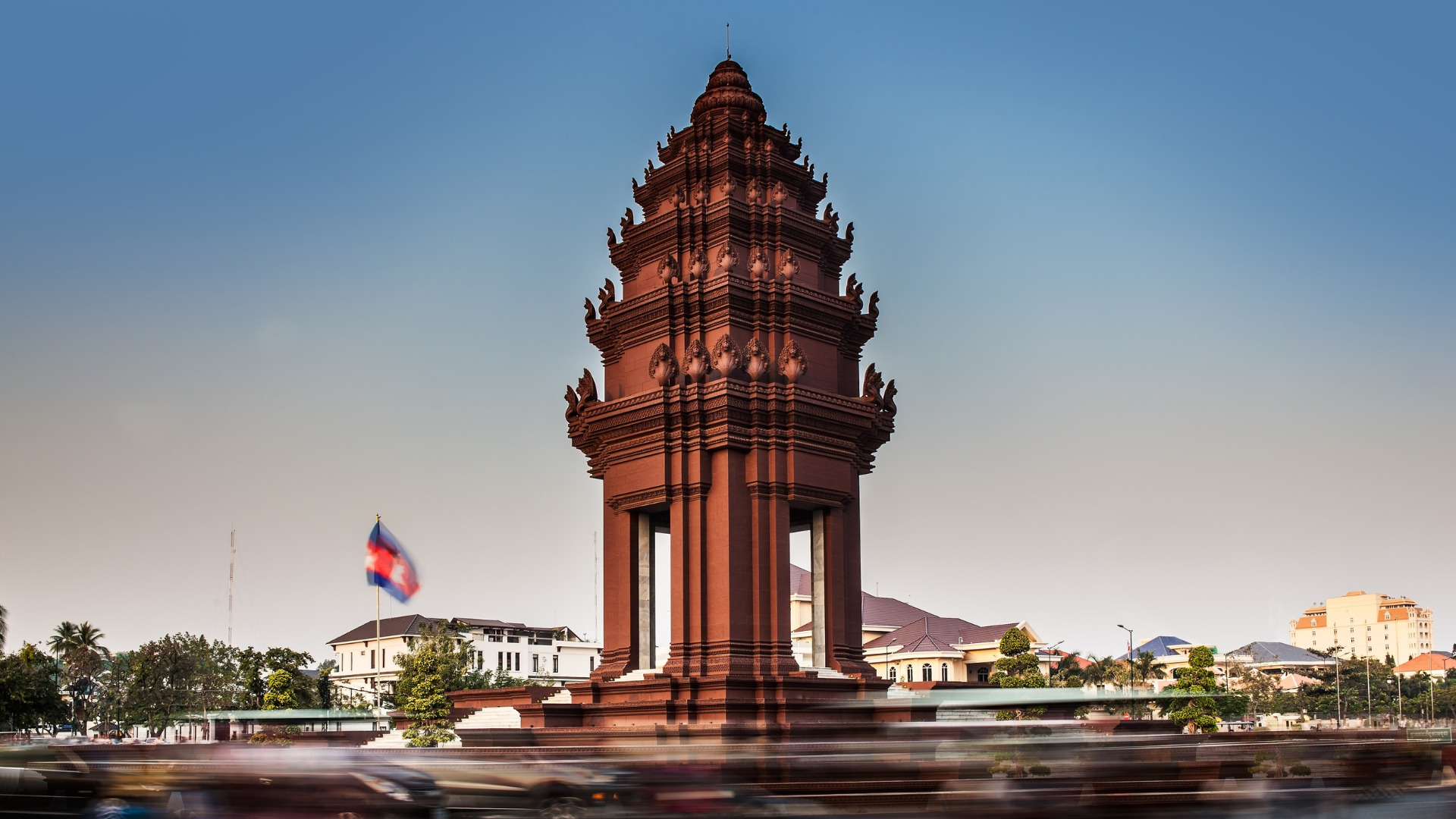Date first published: 13/06/2023
Key sectors: all
Key risks: political instability; arbitrary detentions; civil unrest
Risk development
On 25 May the Constitutional Council rejected an appeal from the main opposition Candlelight Party to participate in the forthcoming general election scheduled for 23 July. The decision upheld the 15 May Election Commission ruling barring the Candlelight Party from the election purportedly due to an administrative technicality. The incident highlighted Prime Minister Hun Sen’s escalating legal crackdown on public dissent and the political opposition – a recurring trend in the lead-up to the country’s general elections.
Why it matters
Though a government crackdown on the political opposition follows a similar pattern to past election cycles, the forthcoming election will likely mark the beginning of a looming succession plan by Prime Minister Hun Sen. After 38 years in power, Hun Sen is one of the longest serving world leaders, fostering a cult of personality centred around him and his family which has helped him extend his grip on the ruling Cambodian People’s Party (CPP) and the country more broadly. For the first time, Hun Sen’s son and heir apparent, Hun Manet – currently the Commander of the Royal Cambodian Army – will run as a CPP candidate in the July general election. His victory is all but guaranteed, which will then enable him to be the party’s standard bearer and future prime ministerial candidate.
Background
Prior to the 2018 general election, the Cambodia National Rescue Party (CNRP) – a similarly credible major opposition party – was disbanded following a strong showing in the 2017 local elections. This ultimately led to the CPP running unopposed in the general election and securing all available seats in the National Assembly. The Candlelight Party’s moderate but convincing gains in the June 2022 local elections have echoed CNRP’s path. While the Candlelight Party remains legally intact, its exclusion from the July general election – along with continued arrests of its leaders and supporters – inches the party closer to a possible forcible disbandment. Hun Sen frequently deploys politically-motivated charges to drive major opposition politicians – including former CNRP leaders Sam Rainsy and Kem Sokha – into self-imposed exile or imprisonment.
Risk outlook
Recent months have seen the government lashing out at foreign diplomats over alleged ‘interference’, the shuttering of the country’s remaining independent media organisations as well as trade union leaders, rights activists and opposition politicians detained. An escalation of government attempts to stifle any form of public dissent is expected in the coming month as the country prepares for the general election. Despite the ruling CPP’s guaranteed victory, the crackdown is expected to continue amid political consolidation efforts as Hun Sen begins preparations for the once-in-a-generation handover of power to Hun Manet – likely incurring heightened risks of arbitrary arrests and intensified undue scrutiny by the government and security forces.

